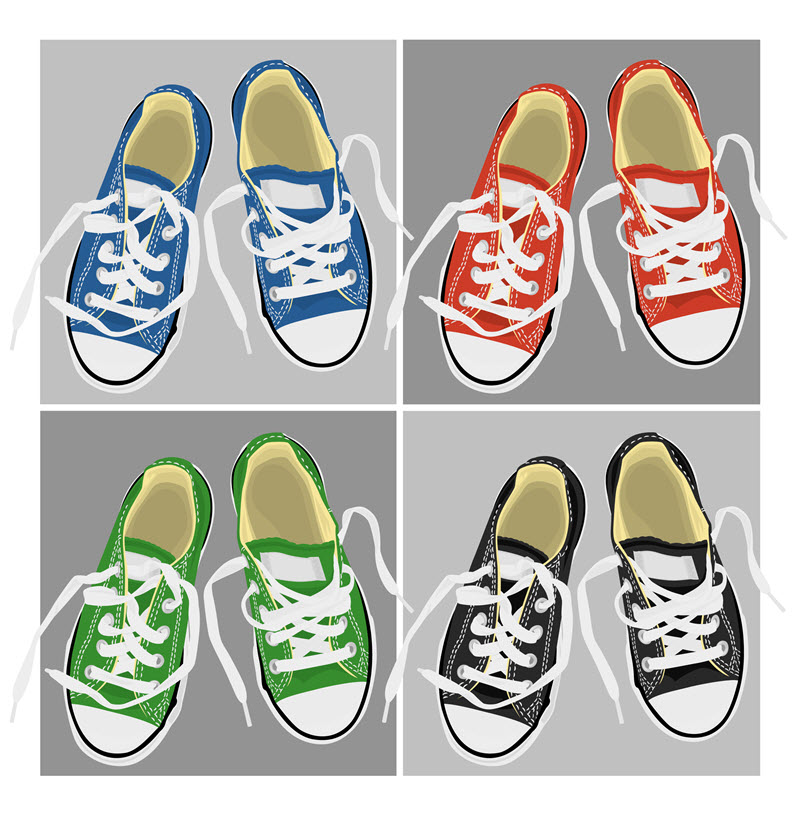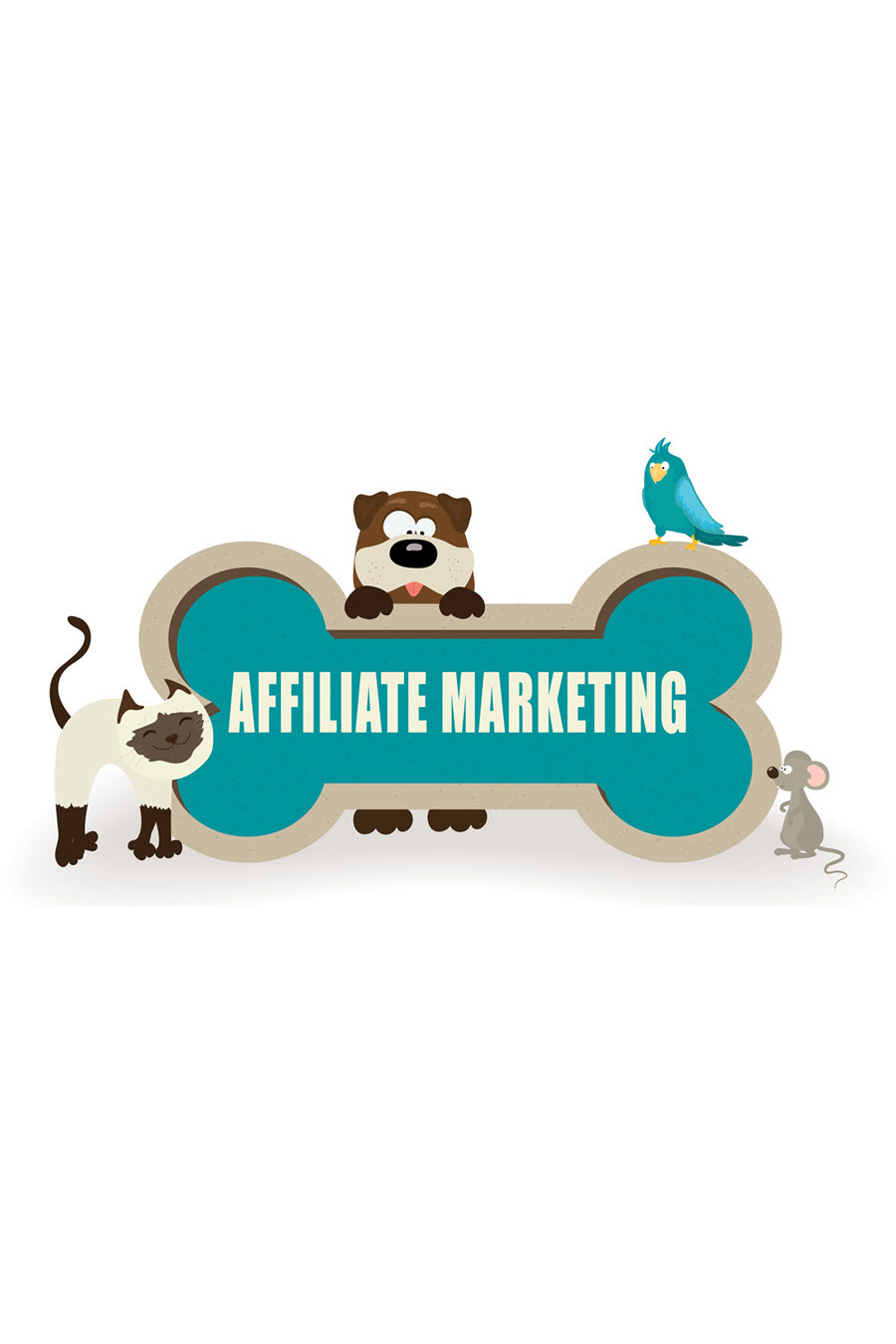Affiliates and Offer Structure
There are a lot of moving parts to any affiliate program, but no matter how you go about it, you’ll definitely need two things – Affiliates and Offers. Affiliate traffic comes in many types, with different interests, intent, and qualifications. Correctly matching your offer to the appropriate traffic type is essential. Advertisers should create multiple offers to best match various affiliate traffic types to the most appropriate and best converting sales funnel.
Affiliate Program Basics
What is Affiliate Marketing? The concept is simple enough. You have a product or service you wish to promote online. Affiliate Marketers are those who can advertise your product or services to their audience for a fee. How they do it, how effective they are, and how you pay them can vary quite a bit. We tend to group all external advertising sources as an affiliate when building a program for our clients. So whether it’s a display media buy with the larger online portals, or a single link placement with a stand-alone blog, or a large list manager providing email distribution, all of these advertising opportunities can be managed under your affiliate program.
Types of Affiliate Marketers: Affiliate Marketers come in all shapes and sizes, and not all will fit into an easily classified or single bucket, but here are the main types we’ve worked with over the years. Some are better than others, and it all depends on what it is you’re promoting to determine which of these would be a good fit. What may be an excellent source of new traffic, customers, or leads for one advertiser, could very likely be a complete disaster, and maybe even a violation of an industry’s terms and conditions for another. It’s always important to know and understand the type of traffic each channel will deliver.
- Comparison shopping websites and directories
- Loyalty websites (points, rewards)
- CRM sites that offer charitable donations
- Coupon and rebate websites that focus on sales promotions
- Content and niche market websites, including product review sites
- Personal websites
- Weblogs and website syndication feeds
- Email list affiliates
- Registration path or co-registration affiliates who include offers from other merchants during the registration process on their own website
- Shopping directories that list merchants by categories
- Cost per action networks that expose offers from the advertiser with which they are affiliated to their own network of affiliates
- Websites using ad toolbars to display context-sensitive, highly relevant ads for products on the site
- Virtual Currency: Incentive-based promotions encouraging the purchase of your product in exchange for game-based currency or points.
- Video Blog: Video content that allows viewers to click on and purchase products related to the video’s subject
- File-Sharing: Websites that host directories of music, movies, games and other software.
Match your types of offers to the available traffic and points in your sales funnel to maximize conversions and opportunity.
Offer Structure
It’s assumed you want to get more customers and sell more products and services. That’s a given. How your sales funnel works, however, will vary. How your conversion process works, and how it performs, will determine the best way for you to structure your offer for affiliate promotions. The best part is it is not uncommon for you to develop multiple offers with varying actions for payout and commissions and offer all of them to your affiliates.

Design multiple offer types for the same product or service to best match the traffic to your sales funnel.
Lead Generation – Due to its simplicity, lead generation is the most popular type of affiliate marketing offer. Users interested in what you offer are driven to your site, and are only asked to share basic contact information so you may follow-up with additional material. The most basic is name and email. There are others which are called ‘long-forms’ and they may ask dozens of questions in a multi-page format. The basic rule of thumb is the more data you collect, the lower the conversions and subsequently the higher you’ll need to pay for each successful lead.
Trials/Continuity – Trials are really popular with health and beauty products such as diet supplements and makeup, as well as anything subscription-based. For products, the user gets a small sample for only the cost of shipping and handling, and unless they opt-out of receiving more they automatically get the full-size version at full retail cost automatically billed to their credit card. It is extremely important to understand the rules and regulations regarding this type of setup to avoid FTC violations.
Sales – Obviously the best one from the advertiser’s viewpoint since the least amount of work is involved and revenue is automatically generated.
Surveys – Surveys typically involve some sort of bundled offer where the user is offered a gift card or some other sort of compensation in return for answering questions, doing a product review, sharing opinions, etc. Either the advertiser or the affiliate can handle the fulfillment.

Different payment types can be structured based on the traffic and conversion goals.
Payment Types
Cost Per Sale (CPS) – Can either be a flat bounty for each sale, or a percentage-based structure allowing for higher commissions if the user adds multiple items to their shopping cart. For example, as the advertiser, you can decide to pay maybe $10 for every sale, or 10% of the sale price.
Cost Per Lead (CPL) – A flat payout per qualified lead submission. How much you pay for each lead will be determined on the amount of data you request, the type of data, and how valuable it is to you and how well it converts.
Cost Per Action (CPA) – As the advertiser, you define the desired action (fill out the form, place an order, request more information, download a file, click-through past page 3 of your site, etc.) and set the payout to be rewarded upon the successful completion of that action.
Cost Per Impression (CPM) – Most common with display media buys and some email promotions it means ‘cost-per-thousand’. So the rate charged is calculated for every 1,000 impressions of an ad on a web site, or for every 1,000 emails sent. (Why the M? There are two explanation widely accepted. In Latin, the word mille means 1,000, and in Roman, the letter M represents the number 1,000.)
Cost Per Click (CPC) – Best known as the payment structure for search engine advertising, such as Google and Bing. How often your ad is displayed and promoted will be decided by the portal or affiliate, and you only pay when someone sees the ad or receives the link and clicks through to your site.
Depending on the payment type agreed upon, the balance of risk will tilt between the advertiser and the affiliate.
Commissions, Conversions, and Quality
To develop a successful affiliate program, for both the affiliate and the advertiser, requires correctly matching the type of offer, to the appropriate payment model, and the right affiliate. It all starts at the end of the chain with the advertiser. Once the requirements of the advertiser are correctly identified the offer can be developed, the payment method chosen, and the correct affiliates can be targeted and recruited. The most successful advertisers are those who are able to convert multiple types of traffic and offers. For example, an advertiser who can benefit from both sales, as well as leads, will be able to develop multiple offers and recruit a larger affiliate base.
Who We Are
Tessera Marketing is an online marketing agency specializing in Affiliate Program Development. We build and manage direct affiliate programs for our clients. If you are interested in learning more about affiliate marketing and whether or not an affiliate program could help your business, please give us a call at 303-379-9501 or send a note by visiting tesseramarketing.com. We love learning more about your business and helping to determine if any of our services can be of any assistance. Consultations are always free, and introductory packages are available.
Download this paper in PDF format. (Document will open in a new window.)







